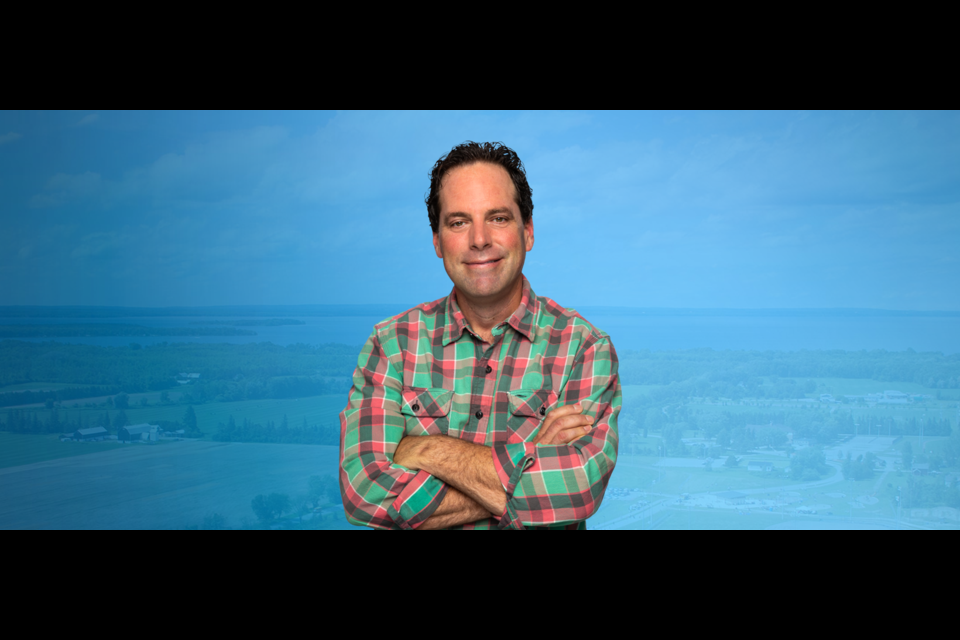The blue splash painted across the map of central Ontario got a fresh coat Monday night as the Conservative Party dominated local ridings in a federal election that saw the Liberal Party form another minority government in Ottawa.
In Barrie, John Brassard and Doug Shipley asserted their political dominance locally in their respective ridings of Barrie-Innisfil and Barrie-Springwater-Oro-Medonte, each winning more than 45 per cent of the vote.
“It’s just a reminder that this is a very Conservative area, as we saw in all of central Ontario,” said Michael Johns, a visiting professor in the politics department at York University. “If you are a Conservative candidate, you have a head start. … It is not impossible for other parties to win, as we have seen. It is more difficult.
“You would have needed some sort of massive movement in one of the other parties for these ridings to become more competitive," he added.
While the result is no surprise, Barrie does buck the general trend because as a city grows, it tends to be more politically diverse, Johns said. Instead, Barrie has become more rooted in the sentiment of central Ontario’s less urban ridings.
Johns contrasts it to other similar-sized cities such as Kitchener, which elected a Green MP after the local Liberal candidate halted his campaign, and Waterloo and Kingston where Liberal candidates were elected.
“I think it would be a fascinating study to actually figure out why, because it is unusual,” Johns said.
What is interesting is that when a Liberal last held the Barrie-area riding with Aileen Carroll from 1997 to 2006, it had morphed from the urban/rural mix of Barrie-Simcoe-Bradford to the urban riding of Barrie proper.
It has since been split to once again include the surrounding rural areas to the north and south.
The blue buck stops south of York-Simcoe where Conservative Scot Davison was re-elected with 49.6 per cent of the vote.
From Newmarket-Aurora south into the Greater Toronto Area, Liberals took hold of the ridings.
As Bradford grows, the demographics as well as the riding of York-Simcoe will change, making Johns wonder what the likelihood would be for that riding to eventually join the Liberal 905 creep.
But with the demographics or ideology skewing toward the Conservative Party, it has become the status quo in Simcoe County, reflected in Monday night’s election results.
“Because the Conservatives have been successful, they are able to create a different level of political machines in these ridings,” he said. “That seems to be the case across central Ontario, that because it has been traditionally Conservative, it remains traditionally Conservative.
“Unless something radically changes to the demographics of these ridings, I don’t see that changing anytime soon," Johns added
In Simcoe North, for example, Conservative newcomer Adam Chambers took 42.6 per cent of the vote even though Liberal Cynthia Wesley-Esquimaux was a high-profile candidate.
Conservative Terry Dowdall was returned to Ottawa in Simcoe-Grey, which has run a blue streak since 2004. Dowdall had 47.1 per cent of the votes in his riding.
The downside with the Tory dominance is the absence of a voice of power in government.
Simcoe County residents "won’t have any representation at the cabinet table,” said Johns. “That entire swath going all the way down almost to Windsor and going across through to almost Peterborough, there’s going to be no cabinet ministers from that area and that does put us at a disadvantage.
“Nobody in central Ontario has been at the decision-making table for the last six years and will be for the next however long this government lasts," he noted.
The result, nationally, means that the NDP holds the balance of power.
“Some of the promises that both the Liberal Party made and certain aspects of the NDP policies will probably end up moving forward,” Johns said.
As a minority government, the Liberals will have to team up with other parties to get enough support to move issues along.
Although the Bloc Quebecois has more seats, federal parties are loath to team up with the provincially focused party and the Liberals are unlikely to find common ground with the Conservatives, he said.



